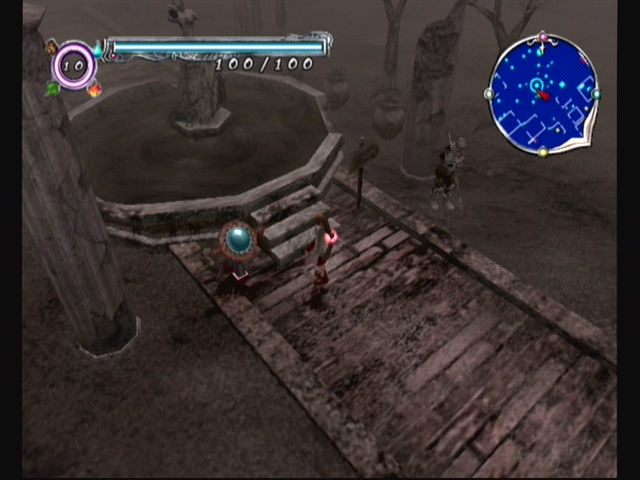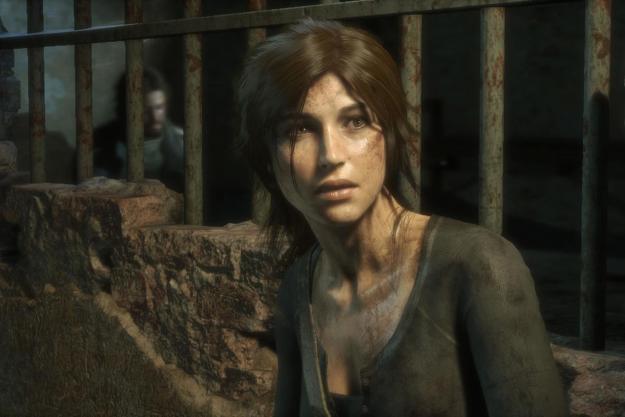If you ask your average gamer what comes to mind when you say “FromSoftware,” odds are that they’re going to say Dark Souls. The Japanese studio has gone from a niche developer to a household name over its long career thanks in no small part to the success of its “Souls” style of games. Its now-signature genre began with Demon’s Souls in 2009 and culminated in FromSoftware’s crowning achievement in 2022: Elden Ring.
But longtime fans of the studio will be quick to tell you that FromSoftware isn’t solely notable for those titles. The company has been creating games for nearly 30 years, starting with 1994’s King’s Field. While it’s been more focused in recent years, the developers’ catalog contains a fairly wide variety of titles, from the Armored Core series to Eternal Ring, a title that’s a little hilarious today.
FromSoftware’s hidden oddities are especially fun to revisit in the age of the soulslike because they’re often more informative of the subgenre than you might expect. Case in point: Lost Kingdoms. The GameCube classic, which launched 20 years ago in North America, may look like a left-field piece of the company’s repertoire now, but it contains DNA that still exists in its recent hits.
Card battle
Lost Kingdoms may not be widely hailed as one of the GameCube’s greatest hits, but it was an important game for the console early on. A console exclusive, the peculiar title is a far cry from Nintendo’s usual stable of mascot-driven platformers drenched in bright colors. Instead, it was a grim RPG that gave the console a bit of an edge in its first year — one that wasn’t traditionally associated with Nintendo consoles.
The game features one of the oddest premises FromSoftware has invented to date. Players control a princess named Katia who sets out to save her kingdom from an all-consuming fog. However, Katia never directly attacks the army of creatures invading her home. Instead, she summons monsters of her own to do her bidding via cards.
The unique blend of RPG action and deck-building creates a fascinating, and at times sloppy, dynamic. Through Katia’s adventure, players collect different monster cards and assemble a deck. When Katia enters a battle, the environment closes into a small arena and she has to summon creatures to do her dirty work while being careful to dodge attacks herself. If she runs out of cards by the end of the level, players will have no choice but to quit out and try again. It’s a little frustrating, but it encourages players to understand what each creature does and what it’s strong against to waste as few cards as possible.
There are various RPG hooks that deepen the core combat. Cards can level up and transform into more powerful ones. Enemies can be captured and turned into cards. There’s even a multiplayer component that allows players to battle it out, putting their best decks to the test.

Having recently played it, Lost Kingdoms is a fascinating experience. Its card mechanics are more admirable than they are practical at times. I’d often find myself running out of cards in a level and being forced to back out and try again, turning parts of the adventure into a dry grind. Even with a layer of rust, though, it’s hard not to admire FromSoftware’s attempts to bend established rules to create something on its own terms.
Sound familiar?
From GameCube to Limgrave
While Lost Kingdoms’ gameplay doesn’t resemble the more traditional (or at least direct) combat of games like Elden Ring, there are some clear connections. The most obvious comes from the game’s world, which is unmistakably FromSoftware. Its various fog-ravaged locations are dark and decrepit, drenched in dreary earth tones. Decaying architecture lines the landscapes, and even its castles are more ominous than they are opulent.

The game is careful not to overshare when it comes to what’s happening in each location, another FromSoftware staple. Before starting a mission, players get a brief box of text dipping into a bit of lore. But environments largely do the talking, with only a few interjections from key NPCs. The almost esoteric nature of its worldbuilding would become a defining feature of Dark Souls, which hides its deep lore in item descriptions.
Beyond aesthetics, Lost Kingdoms feels philosophically aligned with FromSoftware’s approach to the action RPG genre. There’s not a sense that the developer was looking to replicate the success of its peers, like 2000’s Final Fantasy IX. Instead, it’s an inventive approach that’s eager to experiment.
If you wanted to draw a more direct line between Lost Kingdoms and Elden Ring, the former’s card system almost feels like a rough draft of what would become the latter’s beloved summons. In Elden Ring, players can summon spectral creatures into battle to attack enemies. They’re even represented as a card-like item, depicting the creature on a scroll. While it may not be a deliberate callback, there’s a sense that a game like
Lost Kingdoms may not go down in history as one of FromSoftware’s canonical classics, but it’s a reminder of why revisiting old games can be more than an act of nostalgia. It can be an informative experience that helps us understand how the games we love came to be. Perhaps there are more creative scraps locked away in Lost Kingdoms’ peculiar world just waiting to be adapted into the next generation-defining game.
Editors' Recommendations
- Lies of P has ignited my love of Soulslikes in a way FromSoftware never could
- Armored Core VI lives up to post-Elden Ring FromSoftware expectations
- Sony and Tencent now own 30% of FromSoftware through stock purchase




